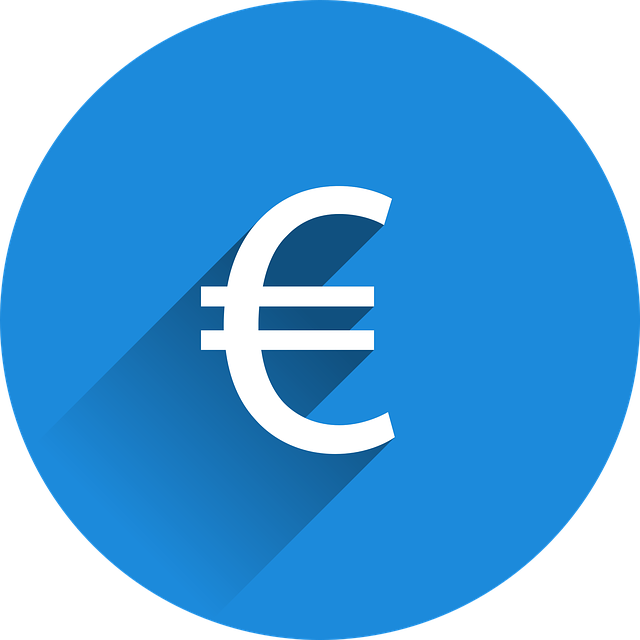December 15, 2022
We are working with the national central banks of the euro area to investigate whether to introduce a digital euro. It would be a central bank digital currency, an electronic equivalent to cash. And it would complement banknotes and coins, giving people an additional choice about how to pay.
What would it be?
A digital euro would offer an electronic means of payment that anyone could use in the euro area. It would be secure and user-friendly, like cash is today. As central bank money issued by the ECB, it would be different from “private money”, but you could also use a card or a phone app to pay with digital euro.
Why might we need a digital euro?
We are thinking about launching a central bank digital currency in Europe to respond to the increasing demand for safe and trusted electronic payments. Having digital money issued by the central bank would provide an anchor of stability for the payment and monetary systems. A digital euro would also strengthen the monetary sovereignty of the euro area and foster competition and efficiency in the European payment sector.
What would be the advantages and challenges?
As we are still investigating, we don’t have all the details of the final proposal yet. But we have reflected quite a lot on the concept of a digital euro and its pros and cons. What is clear already is that a digital euro should be accessible, robust, safe, efficient and compliant with the law. We would also ensure the highest level of privacy.
Where do we stand?
This investigation phase started in October 2021 and is expected to take around two years, concluding in October 2023. We are looking at how a digital euro could be designed and distributed, as well as the impact it could have on the market. Then, we will decide whether to start the process of actually developing it.
A digital euro would not be a cryptocurrency, since it would be backed by a central bank. Central banks have a mandate to maintain the value of money, regardless of whether it is physical or digital. Crypto-assets are not backed or managed by any central institution. You have no guarantee that you will be able to exchange them for cash when you need to.
A digital euro should mainly be used as a means of payment rather than an instrument for financial investments. We are examining this issue carefully to avoid negative consequences for the financial sector. The digital euro should be a public good that would benefit the economy and society as a whole.
The way we pay is undergoing a fundamental change, and central banks have a key role to play in this process. European payments must be supported by a competitive and innovative market capable of meeting consumer demands while preserving European sovereignty. To make this happen we have set out a comprehensive payments strategy for the digital age.
Source: European Central Bank
Legal Notice: The information in this article is intended for information purposes only. It is not intended for professional information purposes specific to a person or an institution. Every institution has different requirements because of its own circumstances even though they bear a resemblance to each other. Consequently, it is your interest to consult on an expert before taking a decision based on information stated in this article and putting into practice. Neither Karen Audit nor related person or institutions are not responsible for any damages or losses that might occur in consequence of the use of the information in this article by private or formal, real or legal person and institutions.






